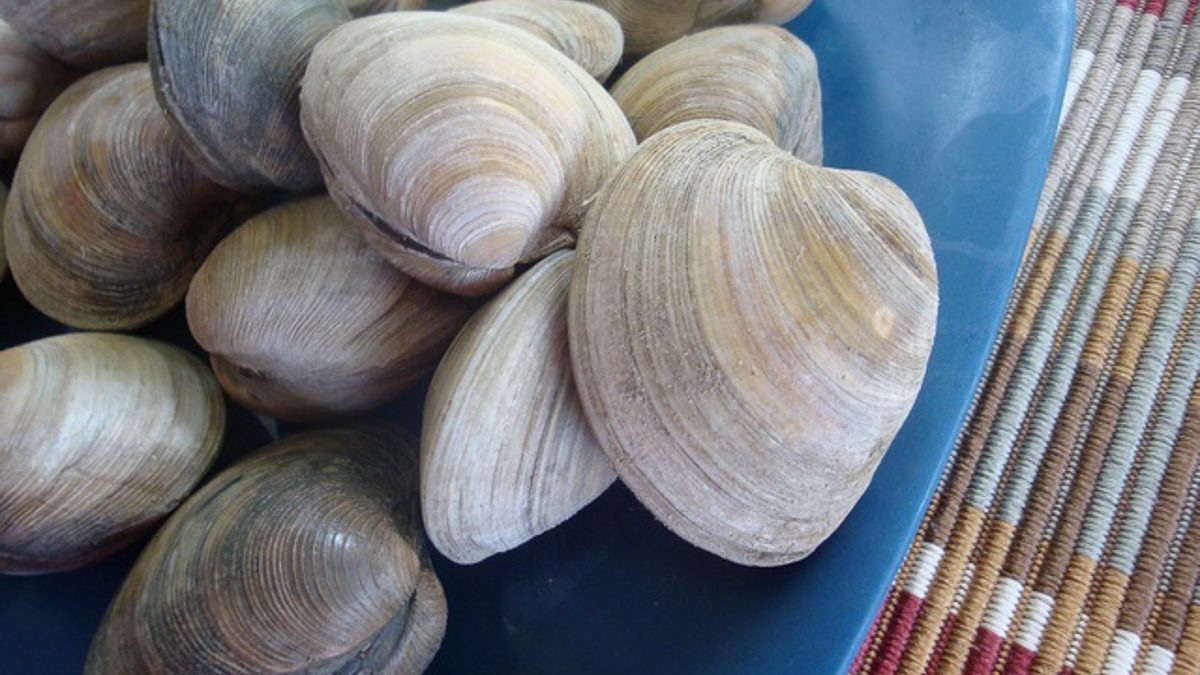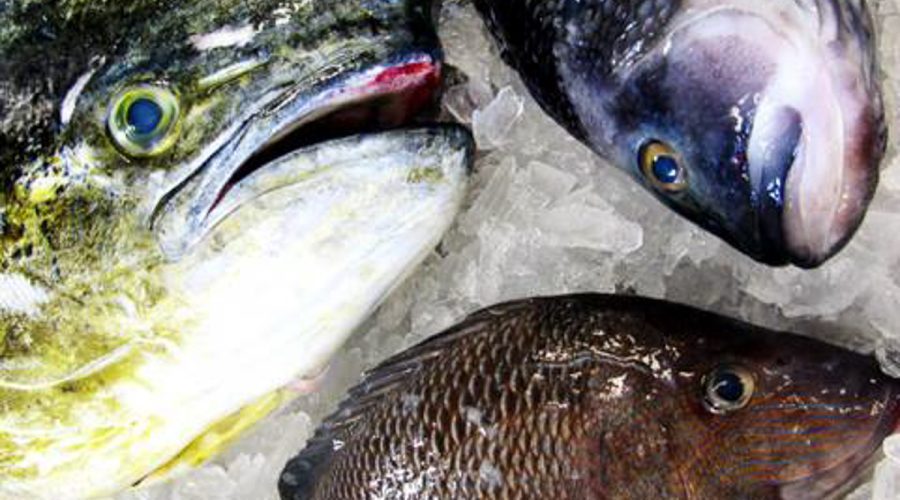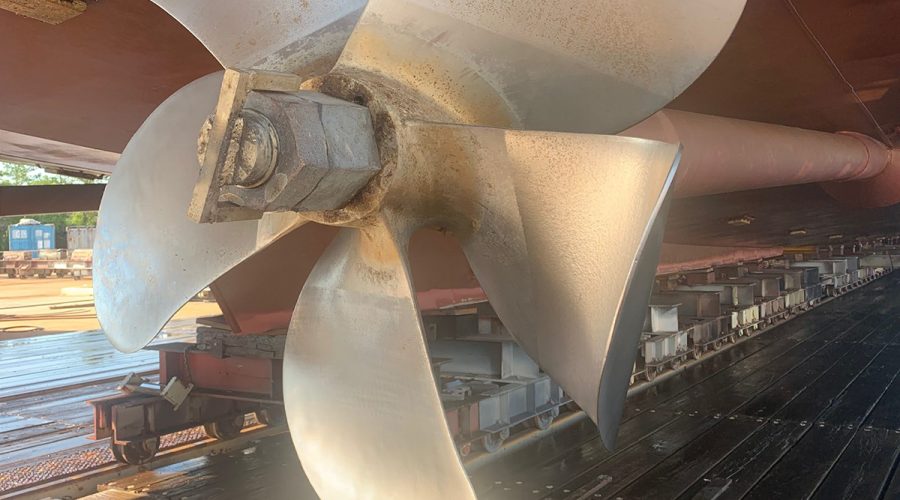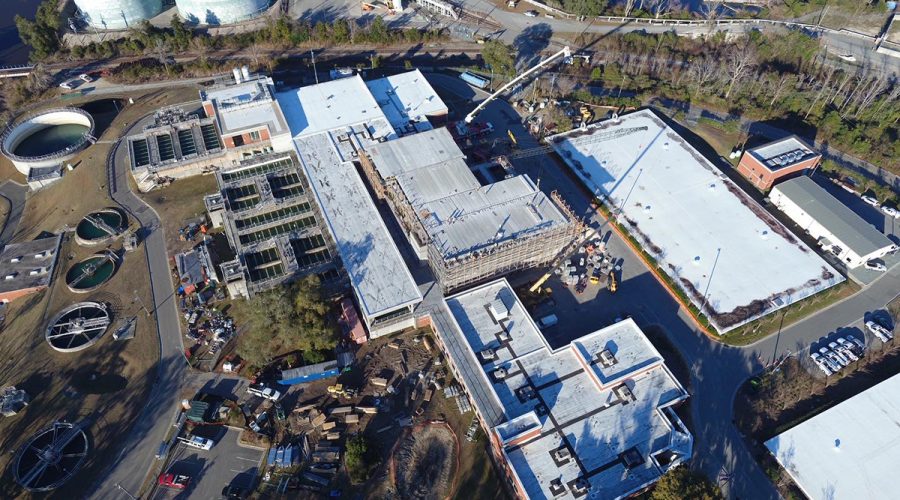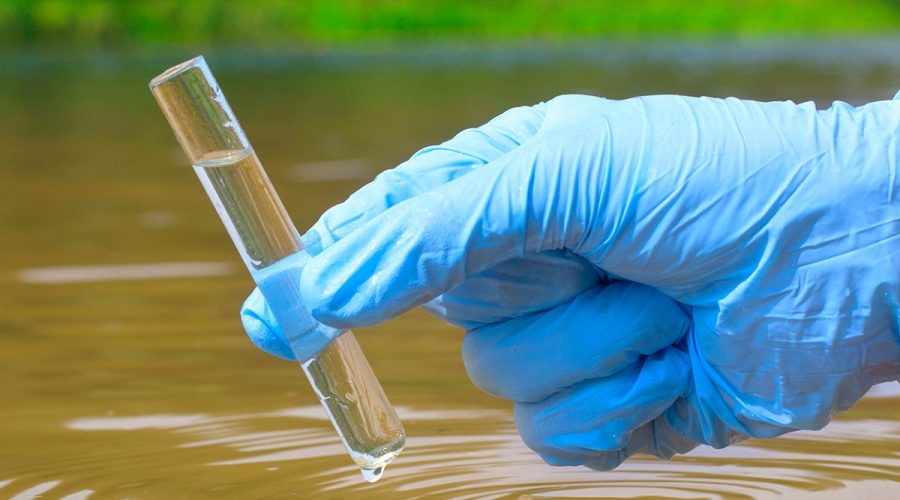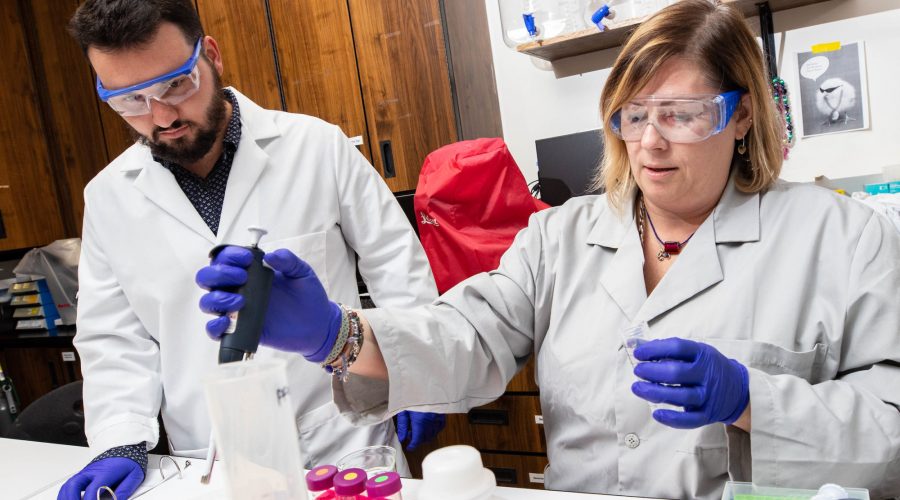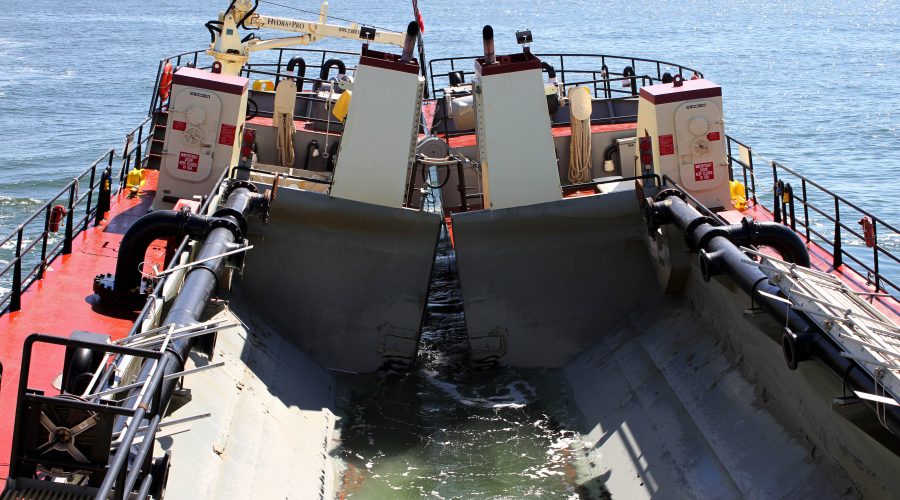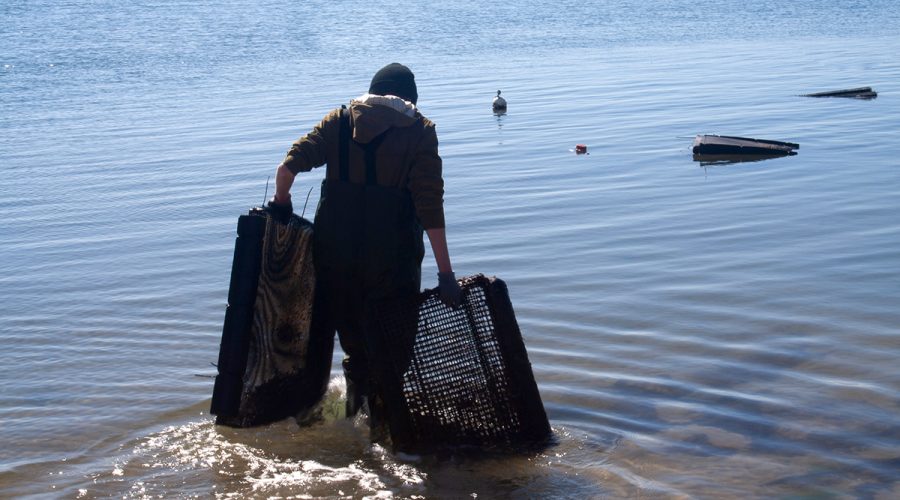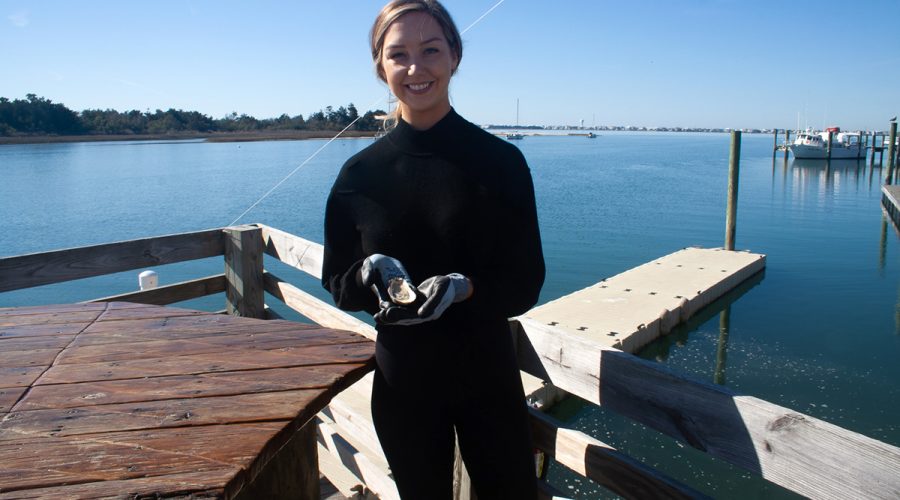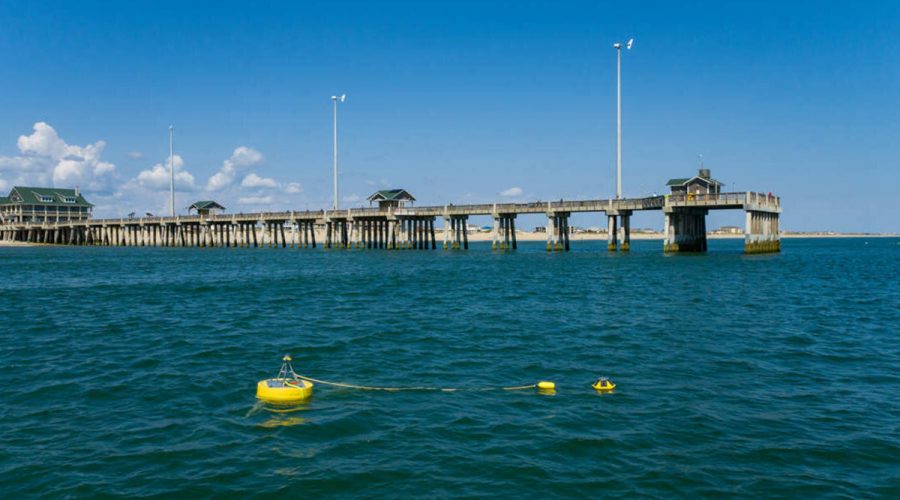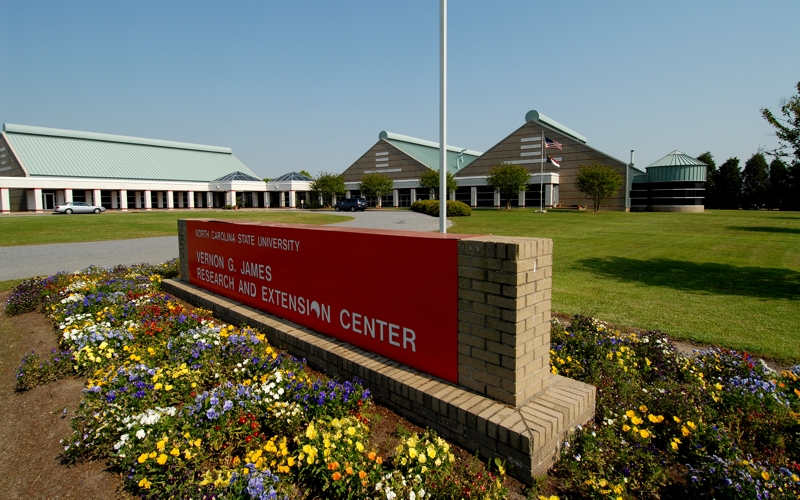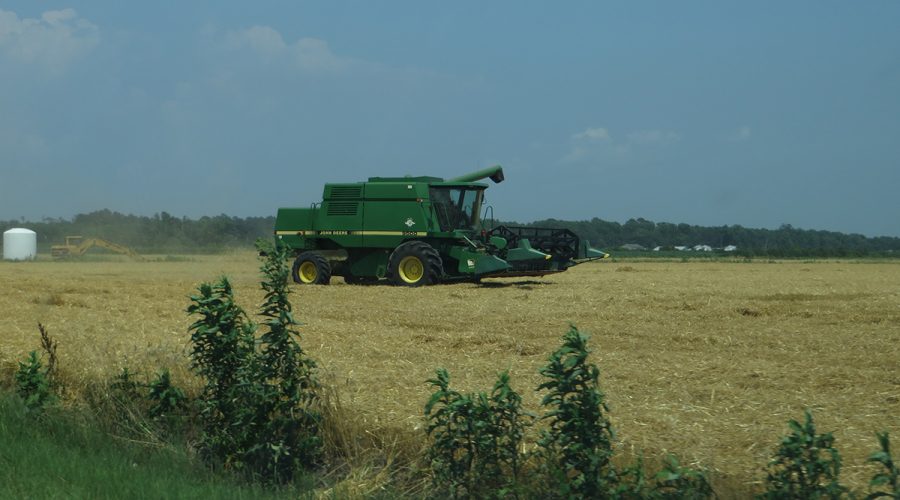Advocates say attaining and maintaining sustainability in the seafood industry means recognizing and balancing the ways society, culture, economy and ecology are all interconnected.
Special Reports
Defining terms: What does ‘sustainable seafood’ mean?
“Sustainability” has multiple meanings, but in the context of seafood, the word has social, economic and environmental implications. Second in our continuing series examining the role and sustainability of seafood in a healthy diet.
White House rolls out plan to fight hunger, improve health
The national strategy focuses on improved access for Americans to more nutritious food options with more than 100 organizations and businesses ponying up more than $8 billion to help reach the plan’s goals.
Worsening conditions challenge Ocracoke ferry operations
Various solutions have been put forward to address persistent and increasingly disruptive problems affecting navigation in constantly changing Hatteras Inlet, a vital route for Outer Banks residents and the economy.
Officials outline steps to address PFAS contamination
Filtration at the public water treatment level, stopping contamination at the source and setting health standards are steps toward protecting the public from PFAS.
Study finds PFAS health risks inadequately communicated
A recent analysis found that messaging about the health risks of PFAS for significantly exposed communities needs to be stronger and offer the public more guidance.
Vaughn Hagerty: The reporter who broke the GenX story
His curiosity-driven “Googling around” led to a research paper about contaminants detected in the Cape Fear River that, in turn, led to a news story that rattled the region and helped shape five years of environmental policy on PFAS.
Researchers make strides in 5 years since GenX reported
Developments have been swift in the five years this week since the public first learned of an emerging contaminant in the drinking water source for thousands in the lower Cape Fear region, but work remains.
Recent shoaling highlights shallow-draft navigation woes
A nor-easter in May exacerbated already difficult conditions for transportation and businesses that rely on navigable Outer Banks inlets, as officials contend with both federal and private dredge fleets that are stretched thin.
Sustainable aquaculture may hinge on research, education
In an industry that’s constantly evolving and a climate that’s also changing, environmental monitoring, science and training appear to be key to the future of oyster farming and other forms of aquaculture.
Growing aquaculture industry faces climate challenges
Aquaculture has the potential to help the world adapt to a changing climate, but warming ocean temperatures, storms and landscape changes could force the industry to adapt as well.
Federal funds set for northeast NC smaller dredge projects
Second in a new special reporting series on federal infrastructure spending and North Carolina’s navigation needs looks at the federal funds secured to maintain navigational channels and inlets in Dare and Hyde counties.
Federal dollars now available for North Carolina waterways
Millions of dollars in federal spending are set to be put to use clearing shoaling in North Carolina’s inlets, harbors and channels. First in a new special reporting series.
Institute part of effort to study harnessing ocean’s energy
The Coastal Studies Institute on the Outer Banks is now part of a global scientific collaborative to capitalize on the blue economy, which was highlighted during the U.N. climate conference in November as a technological revolution.
Climate solutions may rely on farms, but technology lags
Farmers know the climate is changing but it could take years before research can confirm the effectiveness of agricultural efforts to conserve nitrogen and sequester carbon.
Agriculture and a warming planet: complex dynamics
The Intergovernmental Panel on Climate Change report on climate change and land released in 2019 reveals dynamics between land, plants and water in a rapidly warming planet.

